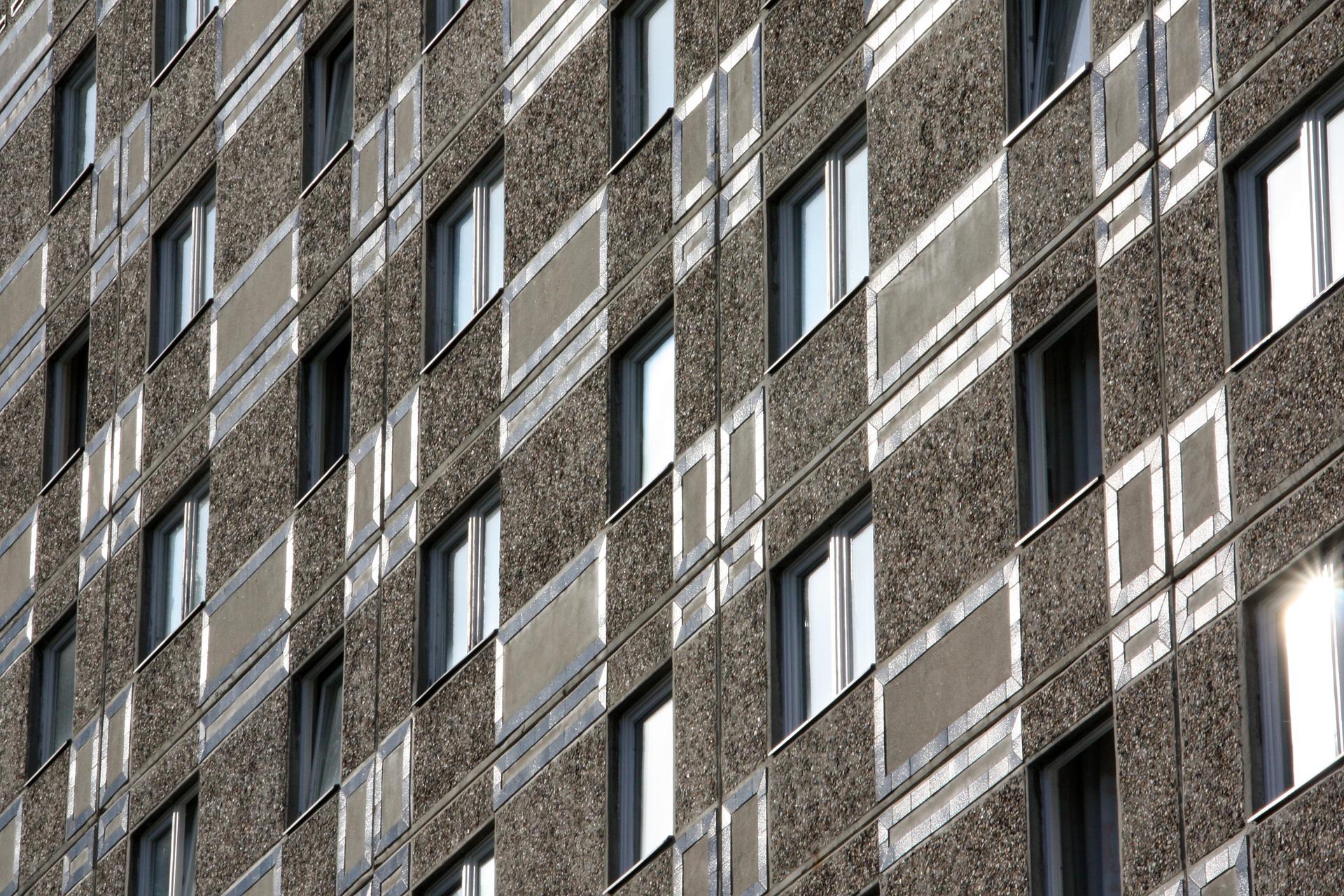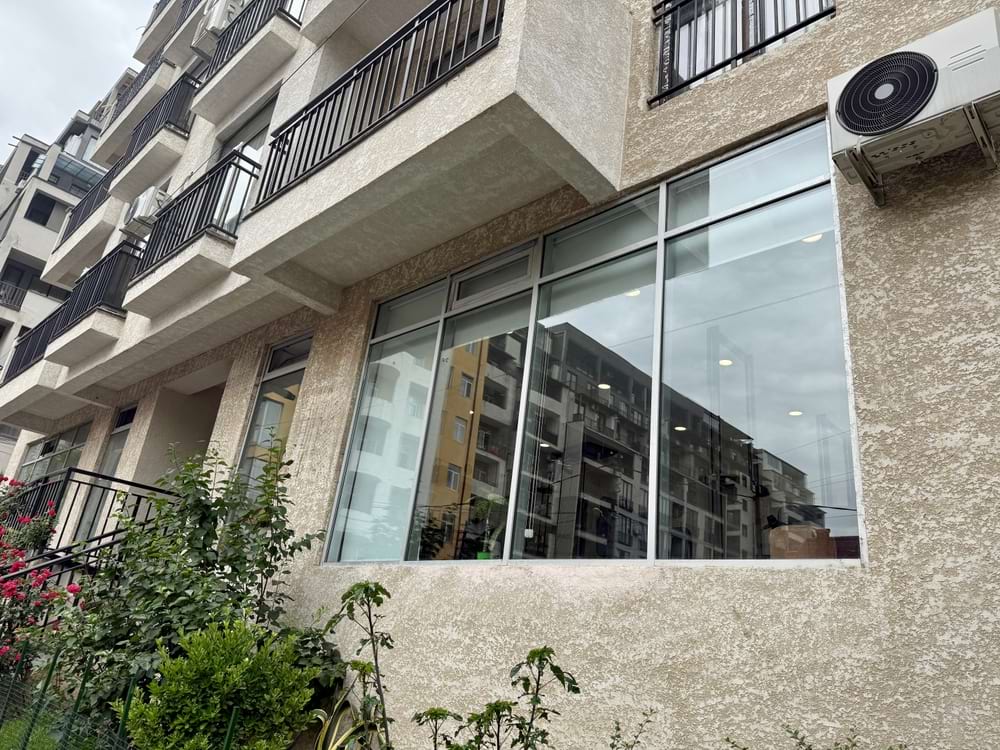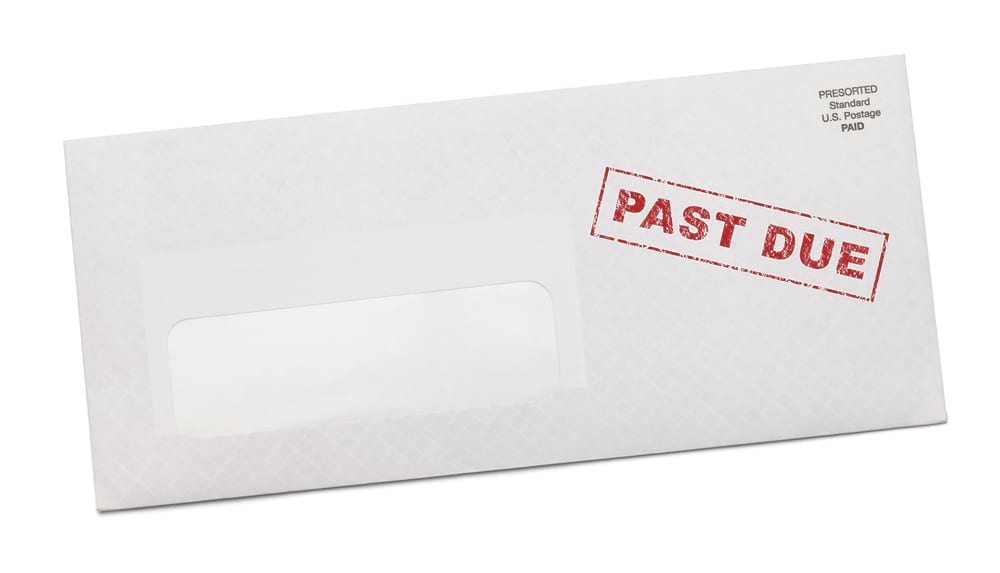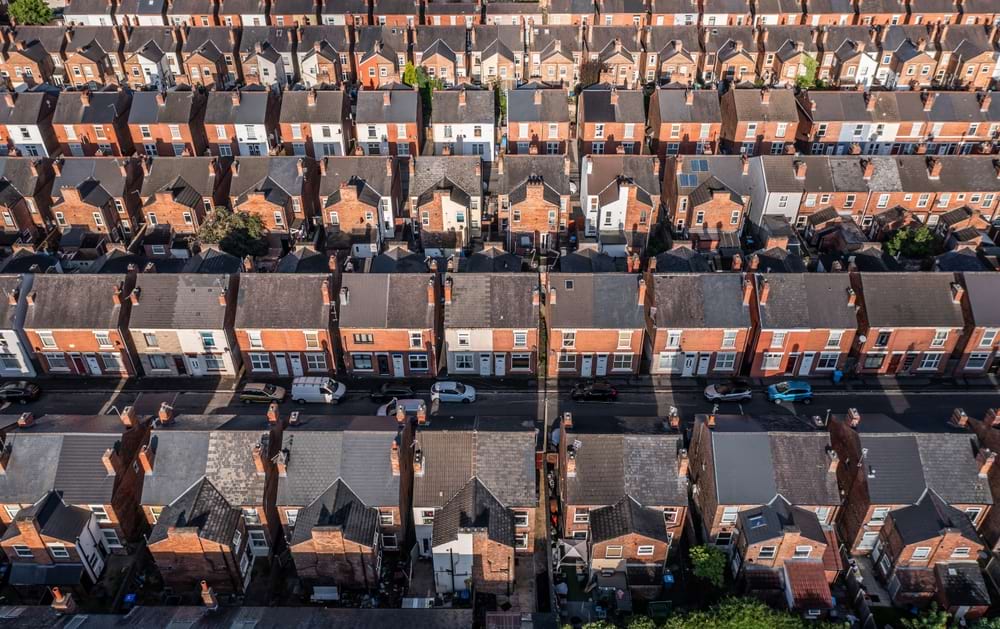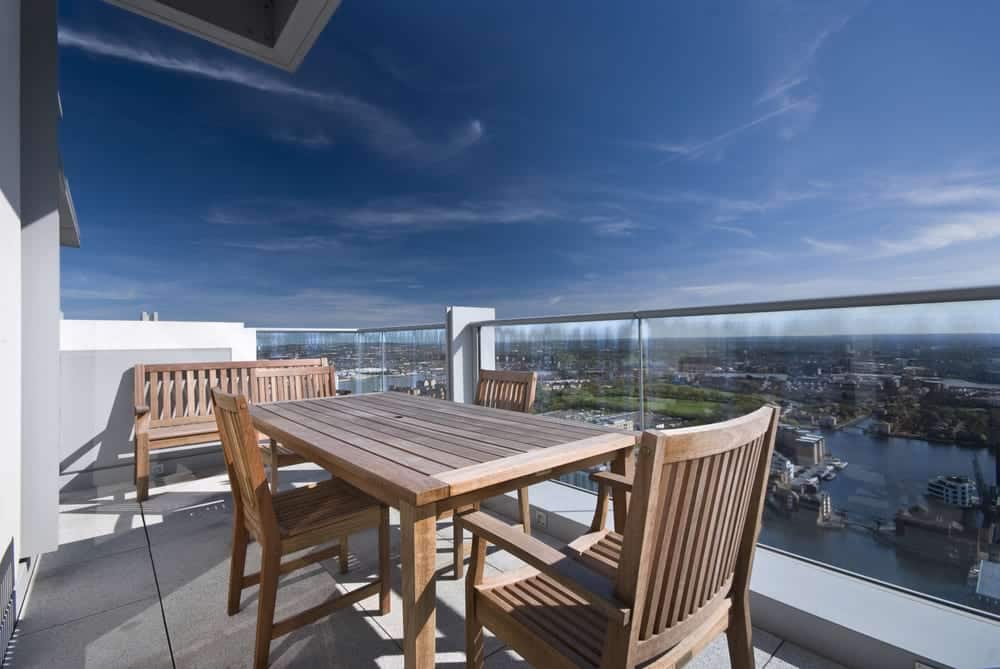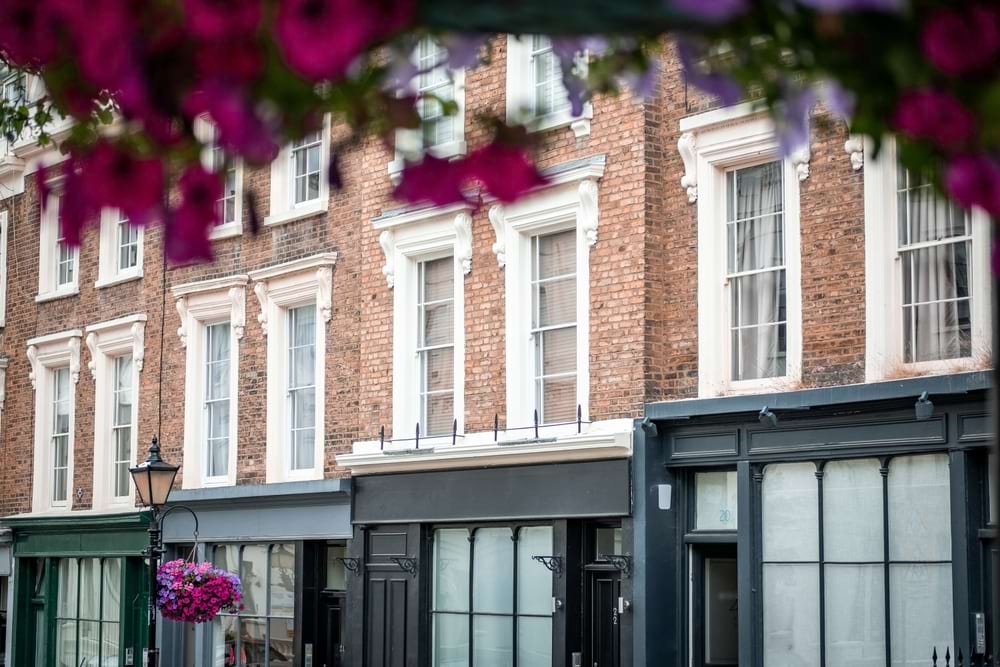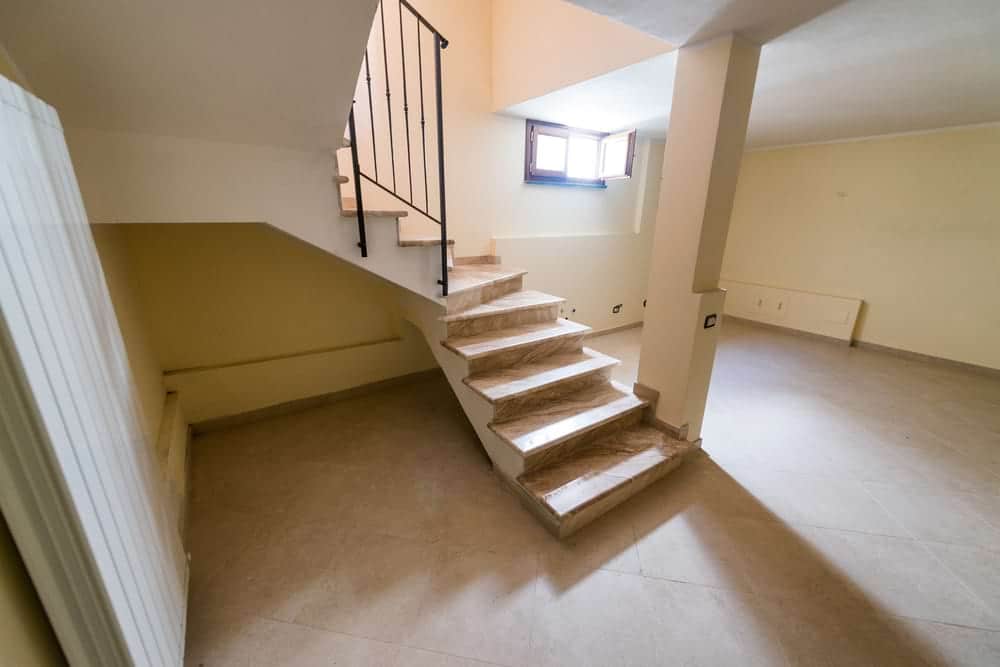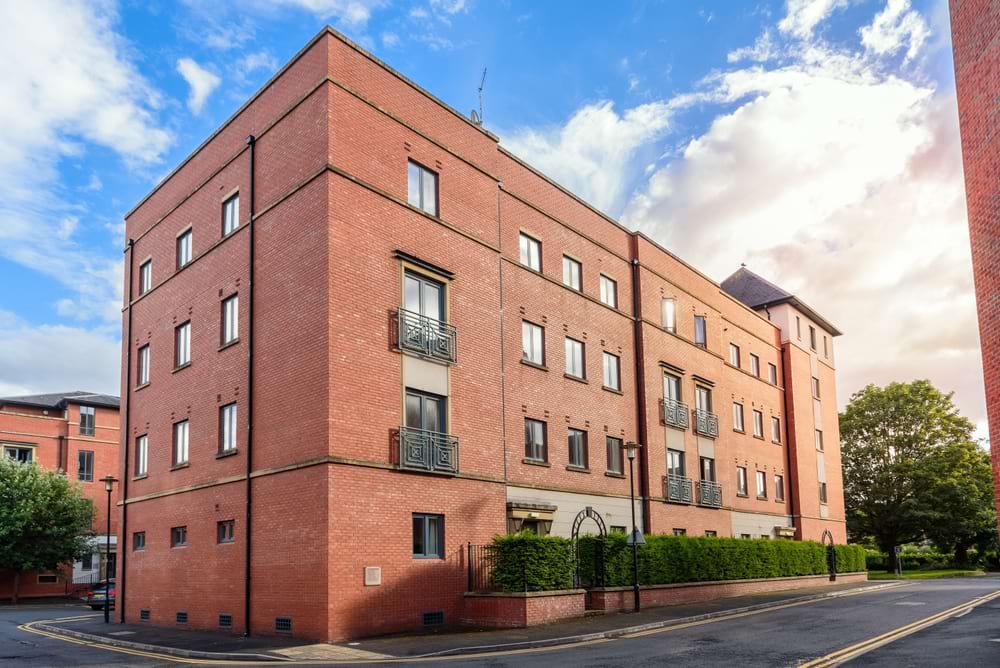There are an estimated 4.8 million leasehold properties in the UK.
This accounts for 20% of the nation’s housing.
If you own one, you may be wondering, can you sell a leasehold property? And how hard is it?
The short answer: Yes you can but it’s harder than selling a freehold property.
Read on to find out more.
What is a leasehold property?
A leasehold property is property on land owned by a third-party.
This third-party is the freeholder and the property owner the leaseholder.
Leases allow leaseholders to have property on freeholders’ land. They can be for any length of time up to and including 999 years.
Leaseholds are more common in flats than houses.
What happens when leases end?
999 years may seem excessive. But it’s great for a property owner.
Once a lease term ends, the land (and any property on it) would return to the freeholder. This applies even if the freeholder’s mortgage is paid off.
A clear agreement drawn up to outline each party’s responsibilities and leaseholder’s fees.
Leaseholder fees
Leaseholders don’t own the land their property is on, they rent it from the freeholder. This rent comes as a fee known as ground rent.
They may also have to pay:
- Service charges: Freeholders can increase this at a reasonable rate.
- Maintenance
- A share of the building’s insurance
Leases are binding. So if the terms aren’t adhered to, the contract breaks and freeholders can evict leaseholders.
Can you sell a leasehold property?
Yes, you can sell a leasehold property.
But remember: you should get organised first.
When you sell a leasehold property, the lease goes with it. This can benefit you, as leaseholds can cause flats to increase in value.
The new owner of the property will also have to adhere to the original contract. This includes fees and other stipulations.
The process of selling a leasehold property
Selling a leasehold property is similar to selling other types of properties.
The only one difference is the documents involved. Leaseholders need to send:
- The lease agreement
- A copy of both your title
- The freeholder’s title.
They may also have to provide (however, this will vary on a case-by-case basis):
- The building’s insurance schedule
- Annual accounts for the managing agent
Is it hard to sell a leasehold property?
There’s no straight answer to ‘is it hard to sell a leasehold property’.
But there are things that need considering when you buy one.
Potential buyers will weigh the usual pros and cons of buying a flat.
But there can be a few potential issues that can put them off a leasehold property, such as:
1. Length of lease
If you have a lease with less than 75 years remaining, then selling the property can be difficult.
A short lease devalues property and makes it hard to get a mortgage.
Most lenders refuse to lend on properties with a short lease. In this scenario, you’re looking for a cash buyer. However, these aren’t always easy to find.
2. Property condition
This isn’t unique to leasehold properties. It’s universal when it comes to selling any home.
Having your leasehold property in a good condition makes it more appealing to buyers.
3. Lease terms
Buyers considering leasehold properties should have a solicitor review the lease terms.
Particular attention will be paid to:
- Ground rent terms
- The cost of the service charge
- Building insurance
- Any terms impacting the sale of the property in the future.
If any of these don’t look desirable, it goes without saying the property will be harder to sell. Potential buyers can then renegotiate the price or pull out of the sale altogether.
Things to consider when selling a leasehold property
National Association of Estate Agents carried out research back in 2018. It found that 94% of leasehold owners regretted buying their property.
In fact, many feel homes were mis-sold to them…
Know your lease well
If you want to sell a leasehold property, gather as much information as early as possible in the process.
Buyers will have questions around details on:
- The lease
- The ground rent
- The service charges.
Extending your lease
It’s also worth considering extending your lease if you’re under the 70–80-year mark.
Weigh up whether the costs involved with extending the lease will be worth the value it can add to the property.
Convert your lease
Consider converting your lease to a freehold.
This may be expensive in the short term and time-consuming. But in the long term, it can add value to your property and save you costs.
Sell your house fast with We Buy Any Home
Understanding how to sell your flat quickly can be difficult.
We Buy Any Home are chain-free cash house buyers. We can buy your property up-front and fast, without hassle or stress.
Any location, any condition, we buy any house or flat. We can provide you with an offer for your UK property – Cardiff to Clyde, Durham to Dover. Our specialist team have assisted thousands of quick and stress-free house sales.
Read here for more guidance on the difference between leasehold and freehold.
Fill in our enquiry form below for a cash offer for your house.
